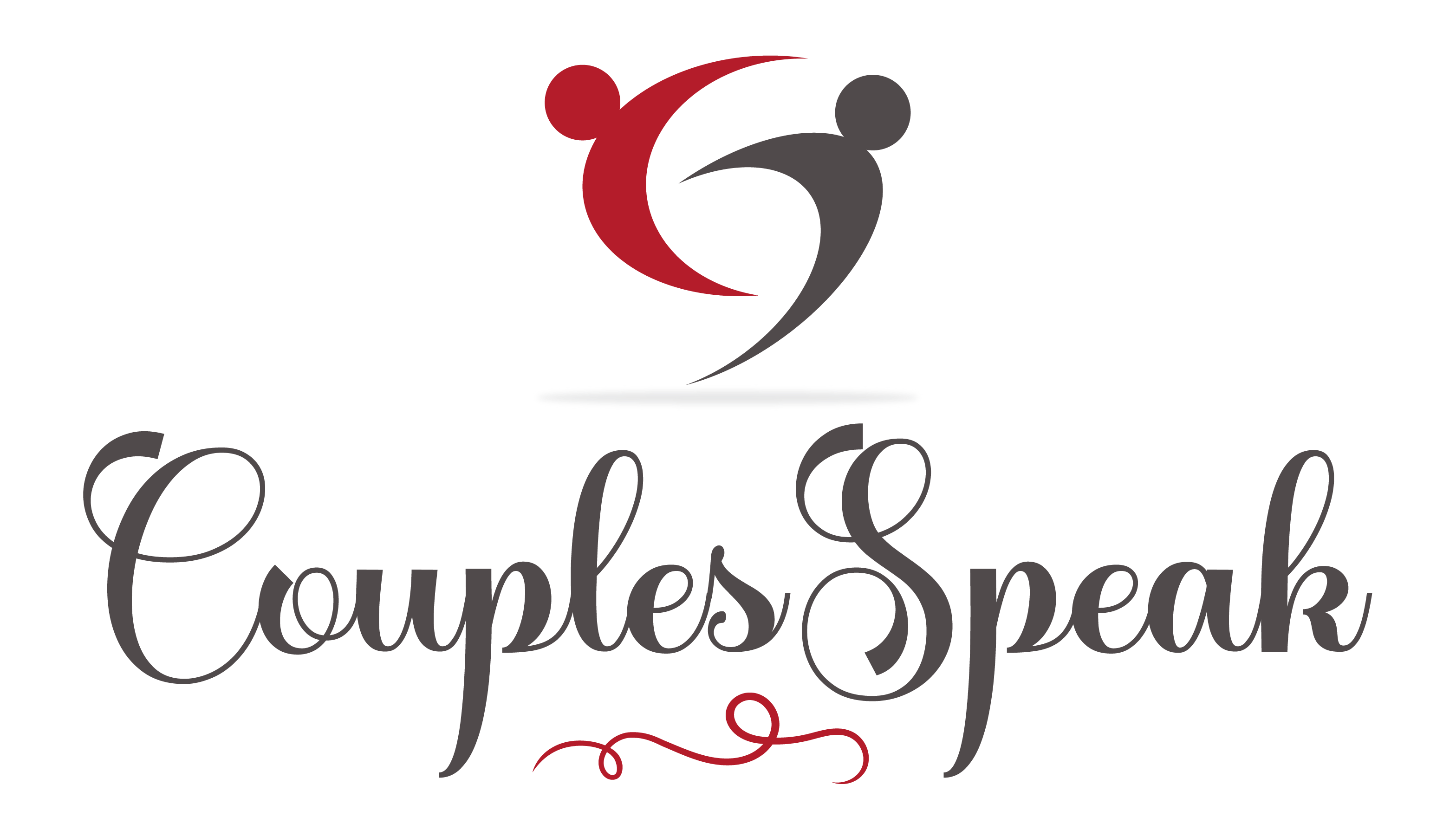In the cozy ambiance of a coffee shop, I found myself immersed in an inspiring conversation with a good friend, a compassionate counselor for kids. As we shared our work experiences, a powerful realization dawned upon us – a revelation that resonates not only with the young minds she guides but also with the intricate dynamics of relationships we all navigate.
As we talked, I opened up about the challenges I face in my work – guiding clients through the maze of ineffective patterns. It’s hard because, in our relationships, we often believe that our happiness hinges on someone else’s transformation. It’s a common human experience, isn’t it? That longing for others to change so we can find solace. This truth holds whether you’re a third-grader or an adult navigating a relationship.
My friend’s stories about her young students illuminated the path we all walk. She shared how these youngsters come to her office seeking comfort for their struggles with unkind friends, pleading with her to make the other kid be kind. Isn’t this very similar to the complexities of adult relationships?
Together, my friend and I peeled back the layers of vulnerability that weave through our connections. The more we seek to control and shape others, the more we find ourselves lost. When anyone tries to pull for someone to be different, something unexpected happens. The person being pulled yanks back the reins. No one really likes to be told what to do. Whether it be a third-grader or an adult, the human spirit demands autonomy.
As we sipped our coffee, the truth became apparent to us both. In sync, we understood that the key lies in understanding ourselves – our hopes, fears, and capacity for change.
Most people who think about it know that you cannot control someone else. In fact, in a relationship, the more you try to control or plead, the more it can drive the other person to rebel. I find this similarity between children and adults fascinating.
If a kid doesn’t react the way a bully wants, the bullying may stop. Similarly, when one partner demands understanding or changes in behavior from the other, it usually doesn’t end well. Instead, the person being asked to change might simply want the conflict to go away. Similar to a bully, once the husband or wife realizes there’s no fun in their negative behavior, they might stop being mean or dismissive, and perhaps they’ll become more open to understanding.
Curious, I asked my friend what advice she gives to the little boys facing these situations. She shared that she asked them how they deal with their friends’ negative behavior. One boy responded that he would play with someone else instead. Another boy had a friend who spread untrue rumors about him. When asked if those rumors were true, he said no. Her advice to him was to remind himself of his own truth.
These suggestions meant for kids also apply to all of us. We need to set goals to handle life’s challenges that don’t depend on others changing. If someone’s actions disturb me, I have to examine my own beliefs and determine how I can address the situation. Similarly, in a relationship, expecting our partner to become more loving isn’t an effective approach. Instead, we should ask ourselves, “How can I respond differently?” or “How can I be okay with unacceptable actions?” It’s essential to remember that we all have our moments of being mean and loving. This means that our partners do too!
Armed with this newfound insight, we left the coffee shop, determined to carry the torch of vulnerability into our work and relationships. It is quite simple, but not easy. Courage lies in embracing what we can change and what we have control over. It is in knowing that it is not wise to try to demand or dominate others.


Thanks for sharing. I read many of your blog posts, cool, your blog is very good.
Hello!
Good cheer to all on this beautiful day!!!!!
Good luck 🙂